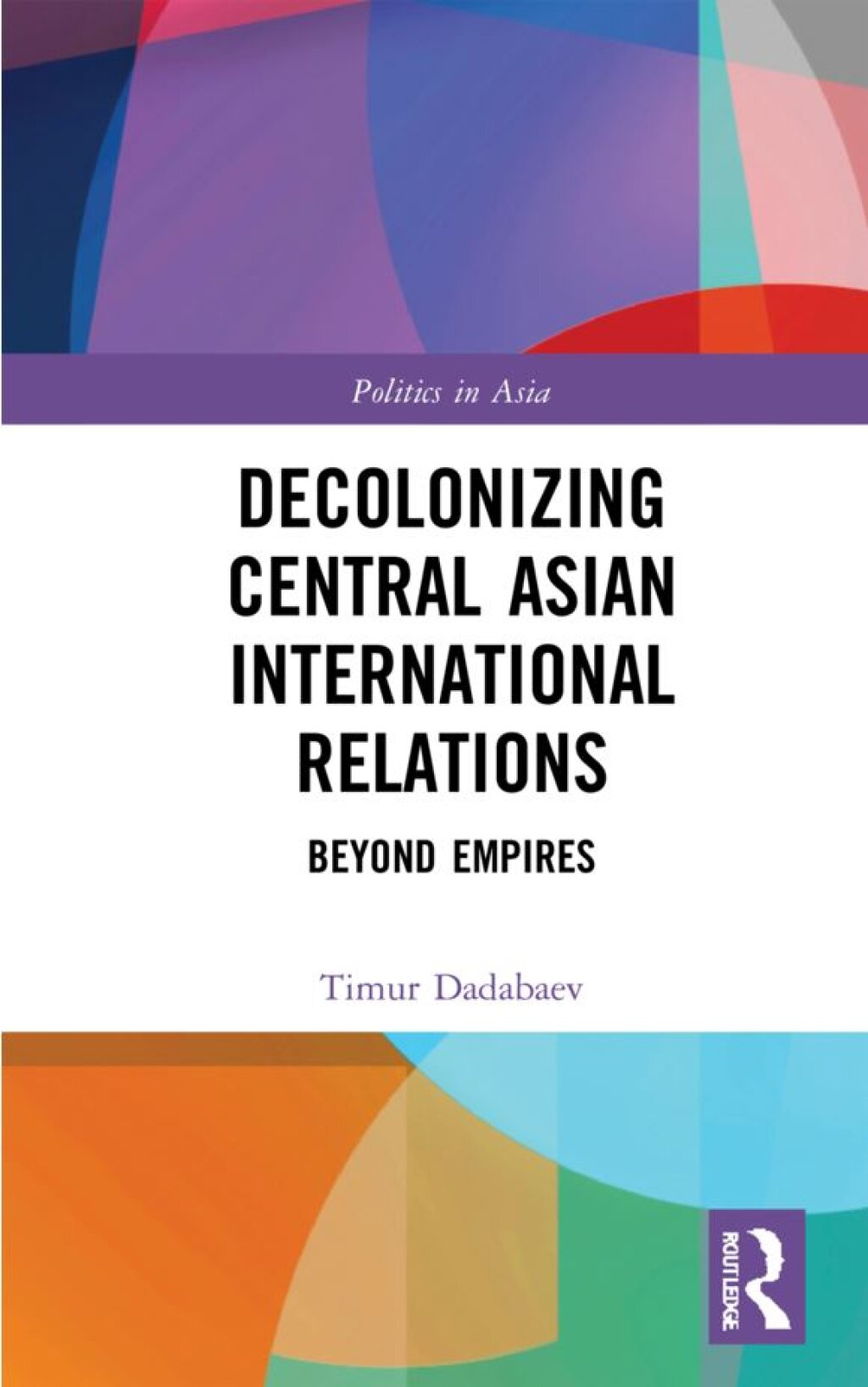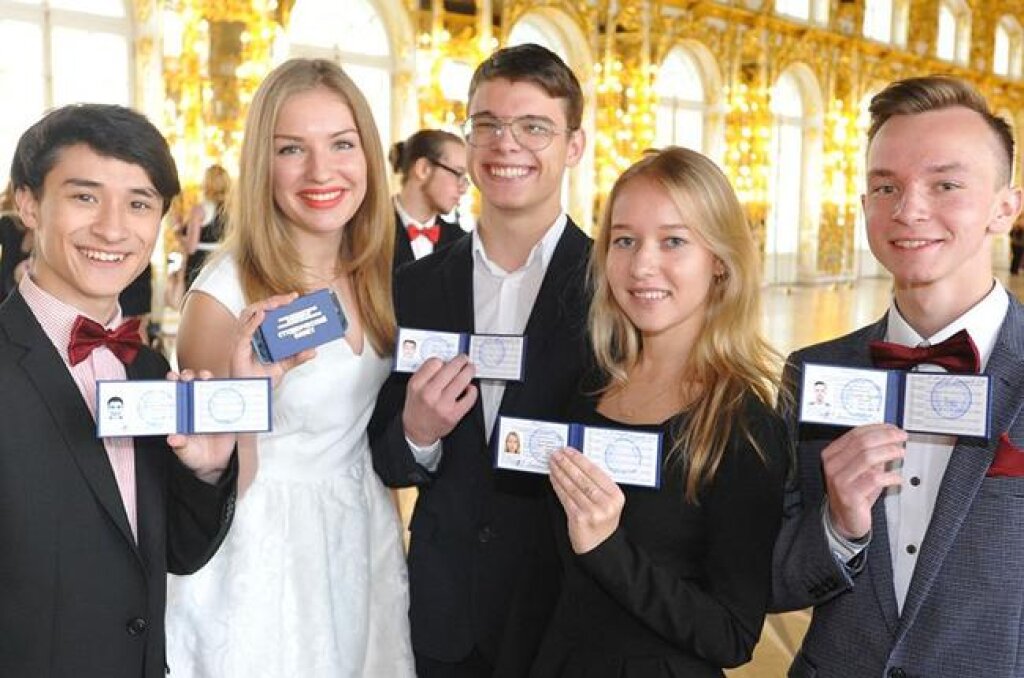Professor Timur Dadabaev is a Director of the Special Program for Japanese and Eurasian Studies at the Faculty of Social Sciences and Humanities, University of Tsukuba, Japan. His new book, Decolonizing Central Asian International Relations: Beyond Empires, is available from Routledge.
Why does Central Asia matter? Reflections on the Great Game, modernity, and prospects for regional sovereignty in Central Asia
As coverage of recent developments in Kazakhstan, Ukraine, and elsewhere in Eurasia demonstrates, the narration of international relations among nations in the post-Soviet space unfold remains a hotly contested topic in academic and international media discourses. Popular and scholarly discussion tends to center the intentions and images of "great powers" like the US, Russia, and China, overlooking narratives about the very states at the center of the international developments in question. Attempts to supply these narratives from the perspective of smaller states receives very little play, effectively leaving local actors without a voice.
The field of international relations itself provides a case in point. While some scholars have attempted to engage critically with dominant narratives regarding the global South and to provide the local perspectives necessary for global dialogue on inclusive international relations, Central Asia has remained on the periphery of such efforts.
Topics in Central Asian regional politics, and in particular assessments of the present and future of the relevant states, are often the focus of international fora and conferences. However, examining lists of conference speakers reveals a lack of representation from the regional epistemic community. As a result, these conferences frequently showcase exchanges between Western/Russian scholars or government officials and CA governments. Organizing large events as symbols of recognition and not knowledge-generation is an inherited Soviet tradition that rarely produces genuine dialogue between regional knowledge systems and global actors, instead serving as a series of scripted settings for local political maneuvers and public diplomacy stunts.
These structural inequities have produced a younger generation conditioned to criticize anything “local” while viewing anything foreign as “progressive,” a situation recalling the early Soviet years, when anything "Russian" was always deemed more progressive than anything “local” to Central Asia. Similarly, in the late Soviet period, anything “foreign” originating from the West (ideas, patterns of behavior, furniture, clothing, etc.) was considered "better" than anything local to the Soviet or Central Asian cultural sphere.
The divisive and polarizing framing of state behavior in post-Soviet Central Asia that pits “local” practices against “foreign” ones — always privileging the “progressive” and “modern” foreign — demonstrates that the discipline of international relations (IR), while paying lip service to "inclusivity," actually promotes studies that either project Western or Russian narratives onto Central Asia, or reject these in favor of so-called “nativist” assumptions. Central Asian states are frequently portrayed as premature, transitional, and in need of guidance and assistance from beyond the region before they can be recognized as “normal”.
Central Asia thus remains marginal in the construction of IR theories. There is a lack of representation of what the Central Asian region stands for in the field of IR and, even more importantly, limited dialogue with Western concepts in search of regionally acceptable definitions. This situation produces either unconditional application or complete rejection of assumptions from other regions, amplifying misunderstandings of local peculiarities of IR at the regional level.
Features of "Central Asian-ness"
What features distinguish and lend nuance to Central Asian international relations? In line with the poststructuralist tradition of deconstructing meanings, we can attempt to define what Central Asia is NOT in order to gain insight into what Central Asia IS.
In the years following Soviet collapse, references to Central Asian states as "post-Soviet" became obsolete as the share of those who experienced Soviet policies first-hand, or even remember the Soviet past, has decreased within the overall population. The most active generations in these societies were born after 1991, meaning any information they possess about the Soviet Union derives neither from experience nor observation. Instead, it is received in the form of historical master narratives directly from governments, or from the critical coverage of the Soviet past that dominates Western literature. For younger people, Soviet-ness is a foreign experience, so that they are not in any functional way "post-Soviet."
Similarly, the states these younger generations inhabit are hardly "transitional," since this notion implies an immature state developing toward maturity in a continuous process. References to CA states as “new,” “emerging,” and “newly independent” set the West up as an arbiter of "maturity." According to this logic, in order to stop being “transitional," Central Asian states must accept the authoritative wisdom of Western statecraft and subject themselves to Western judgment and recognition. This politically motivated definition of “transition” thus blurs the boundaries of the theoretical process of "maturation," leaving unclear what Central Asian states are transitioning from and what the ultimate destination of their transition will be. Indeed, the criteria used to determine if Central Asian states are "mature" enough to slough off their “transitional” label go back to their acceptance or rejection of Western ideals, rendering this term firmly neocolonial.
The post-Soviet/ transitional designations are also becoming outdated for linguistic reasons. With the decreasing importance of Russian as the lingua franca of interethnic and intercultural communication, Russian becomes just one more "foreign" language Central Asian populations learn.
Attempts to label Central Asian states as "-stans" — generalizable, rivalry-driven actors subject to the realities of a new Great Game — also lack empirical grounding and evidence. In fact, “sovereignty," “transitionality,” and even the “Great Game” itself are misleading signposts in Central Asian IR.
Direct applications of Western notions of sovereignty in the Central Asian context are problematic as such. Common geographic belonging — even during periods when Kazakhstan, for example, was not considered a part of “Middle” (Srednyaya) Asia — as well as historical, ethnic, and religious connectedness mean that sovereignty is not the crucial element in terms of defining these states' nationhood. Their current borders were the outcome of the colonial policies of Russian and Soviet administrations, while the history of their coexistence in non-Western formats of self-governance is much longer.
Moreover, public understanding of sovereignty (ownership) in Central Asia (as demonstrated by declarations of the sovereignty of 1989-1990, even before the collapse of the Soviet Union) does not necessarily mean isolationism or complete mutual independence (1991). Rather, this version of sovereignty is far more flexible, called upon to resolve problems among Central Asian states without creating new ones — as is generally the case with the adoption of Western notions of sovereignty in this part of the world. Meanwhile, thoughtless use of concepts like "sovereignty" in international discourse has partly enabled the malfeasance of dictatorial post-communist Central Asian leaders, who have purposely securitized them for their personal benefit while harming common goods like water, common ethnic and religious space, human connections, markets, security, and identity.
The task of defining what Central Asia stands for in the field of international relations promises to be complicated and difficult, but must be positioned as the next step in scholarly inquiry into the region. Luckily, certain features have emerged over the last 30 years that provide clues about the main principles underpinning regional and international behaviors among Central Asian states.
One important principle to keep in mind is that international relations in this part of the world is identity-based and deeply socially constructed. The culturally sensitive nature of regional relations in Central Asia rests on notions of compromise and consensus-building. These features have emerged due to the region's geographic location between major powers and its history of colonialism and multiethnic and multi-confessional mentalities, owing little to the Western image of the region as motivated by zero-sum strategies of rivalries.
Other important contributors to Central Asian self-definition are the idea of “neighborhood” and the related practices of informal consultations among regional leaders, subnational prefectural diplomacy, and the “neighborhood-first spirit” of regional social norms. Interdependence for these states defines their capacity to behave as independent actors. In fact, without interdependence, there can be no independence, defined as the ability to shape one's own domestic and foreign destiny.



